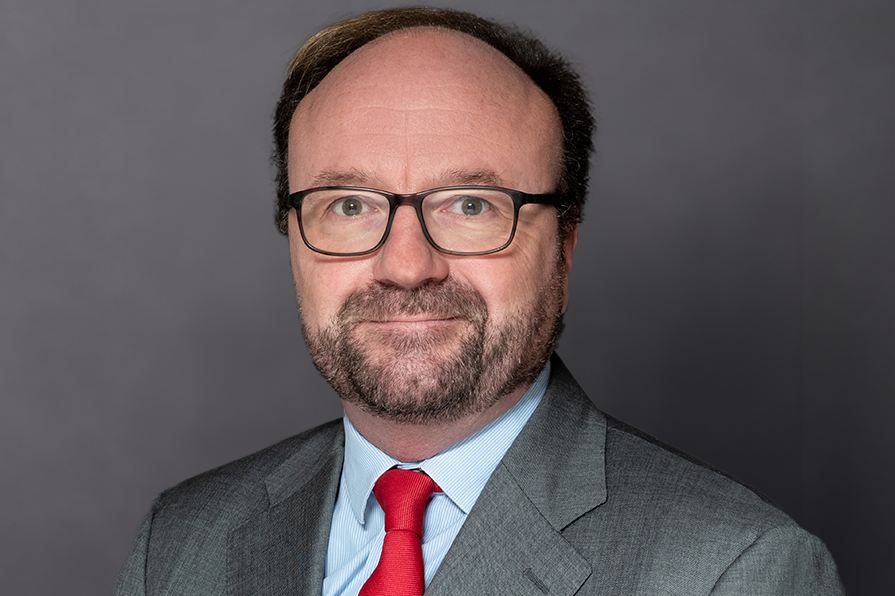McPhy, a significant player in the electrolyser manufacturing industry, sees its chief executive officer, Jean-Baptiste Lucas, stepping down.
Lucas’s exit highlights the pressing financial strain faced by the company, with McPhy cautioning that it might exhaust its cash reserves by mid-2025. The company has projected its financial flexibility to wither by the close of the first half of the year, heightened by recent write-downs and sluggish progress in project funding. This precarious position forces McPhy to rely heavily on the timely payment from its refuelling business divestment and a remaining €13 million installment from an EU-backed initiative.
Such financial strains have seen McPhy’s once-glittering image in the French electrolyzer market lose some of its luster. The company’s revenue imploded 30% year-over-year, falling to €13.1 million in 2024, sharply driven by delayed revenue from the pivotal 20MW Djewels project, alongside charge-offs tied to refueling station contracts. In contrast, McPhy reports a heartening uptick in orders, growing by 115% to €28.1 million, although this has not yet translated to immediate financial relief.
McPhy’s situation encapsulates these broader issues, with the resignation of Lucas prompting critical reflections on strategic leadership within the firm. Despite achieving a 25% expansion in its order backlog, standing at €29.8 million, McPhy’s cash utilization of €24 million throughout the year reflects an unsustainable burn rate without robust interventions.
The current narrative illustrates a strenuous landscape for European energy transition leaders as they navigate regulatory fluxes and capital-intensive projects. McPhy’s financial juggling act, primarily contingent on successfully realizing additional cash streams, showcases the fragile balancing act many in the sector find themselves maintaining. With Lucas departing, the onus falls on McPhy’s board to shepherd a path forward that stabilizes its financial footing while positioning the company competitively in an industry pivotal for Europe’s clean hydrogen ambitions.
Potential solutions for McPhy and similar firms lie in nimble financial structuring, accelerated completion of emission-cutting projects, and strategically leveraging government initiatives aimed at green technology proliferation. Such measures will be critical in sustaining European manufacturers’ contributions to the global energy paradigm shift.
Stay updated on the latest in energy! Follow us on LinkedIn, Facebook, and X for real-time news and insights. Don’t miss out on exclusive interviews and webinars—subscribe to our YouTube channel today! Join our community and be part of the conversation shaping the future of energy.
